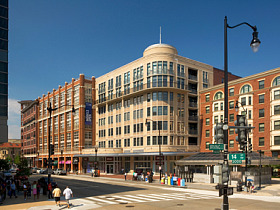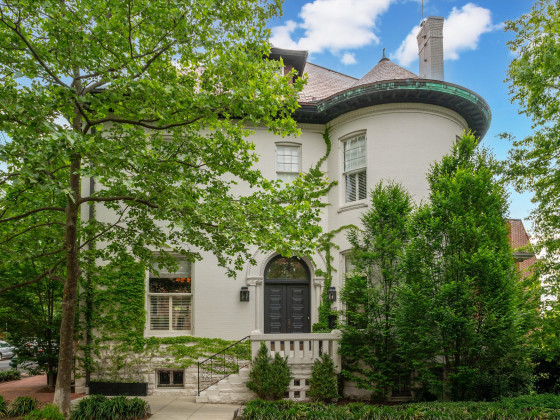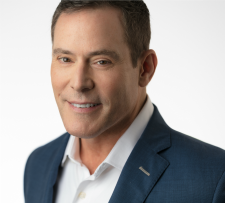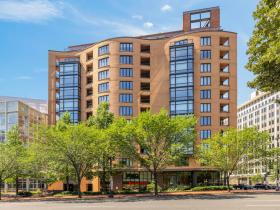 The Most Important Things to Remember When Buying a Condo
The Most Important Things to Remember When Buying a Condo
✉️ Want to forward this article? Click here.

Kenyon Square in Columbia Heights
Many first-time home buyers choose to purchase a condominium either because condos are affordable or because they like the idea of owning a home that doesn’t require too much maintenance. However, it is important to remember that when you buy a condo, you are not just buying your own home, but you are buying into a shared community.
In a condo, you and your neighbors share in the financial responsibility for this community. In many ways, this can be a benefit since you won’t personally be responsible for repairing the roof or painting the shutters outside each window. On the other hand, you do have to pay monthly fees and sometimes a special assessment to keep the elevator running and the common areas attractive, even if you never use the elevator or really care about the spring planting season.
It is important to compare not only the prices of condos, but also the monthly fees. When looking at fees, buyers should figure out exactly what they cover. A low fee can seem appealing, but if the community is not well-maintained or the fee doesn’t cover as much as it does in other buildings, it may not be a bargain. A high fee can be a turn-off for some buyers, however that fee could include payment for utilities, parking, etc. Typically, condo fees are based on the square footage of each unit, so that owners share equitably in the cost of insurance, common area utilities and maintenance including trash pick-up and snow removal. Condos with elevators and swimming pools typically have higher fees because those are two items which require expensive maintenance.
Condo buyers are required by law to be given financial documents and rules between the time their offer is accepted and when the contract goes into effect. Wise buyers will review those documents and contact the condo board and/or the management if they have questions. In the mountain of documents, buyers should look closely at a few items.
- Look at the condo budget to see how much the association spends on operating expenses. These expenses should be about 2/3 of the budget.
- Make sure a reserve fund exists and that some portion of each monthly fee is deposited in that fund. Reserve funds vary significantly from condo to condo depending on the age and size of the property. A large complex with 300 units or more might have a reserve fund of $1 million or more, but a small boutique-style condo can typically have much less than that. Condos with low reserve funds are more likely to require a special assessment on all residents when a major repair or renovation is required.
- Check to see what the rules are that govern how often and how much the fees can go up. The last thing you want is to have your condo fees double and make your home much less affordable.
- See if you can find out how many residents are behind in their dues. An association needs to have a plan in place if they have a lot of foreclosures or unpaid dues. Obtaining a loan can be more difficult when a development has shaky finances and this situation can hurt future resales, too.
Lastly, ask your Realtor and the condo management about these issues until you are satisfied that you are buying into a financially sound community.
See other articles related to: condo buying, dclofts, editors choice
This article originally published at https://dc.urbanturf.com/articles/blog/the_most_important_things_to_remember_when_buying_a_condo/1451.
Most Popular... This Week • Last 30 Days • Ever

Chris Hughes and husband Sean Eldridge are putting their Kalorama home on the market ... read »

Today, UrbanTurf is taking a look at the tax benefits associated with buying a home t... read »

Lincoln-Westmoreland Housing is moving forward with plans to replace an aging Shaw af... read »

Only a few large developments are still in the works along 14th Street, a corridor th... read »

A soccer stadium in Baltimore; the 101 on smart home cameras; and the epic fail of th... read »
DC Real Estate Guides
Short guides to navigating the DC-area real estate market
We've collected all our helpful guides for buying, selling and renting in and around Washington, DC in one place. Start browsing below!
First-Timer Primers
Intro guides for first-time home buyers
Unique Spaces
Awesome and unusual real estate from across the DC Metro













